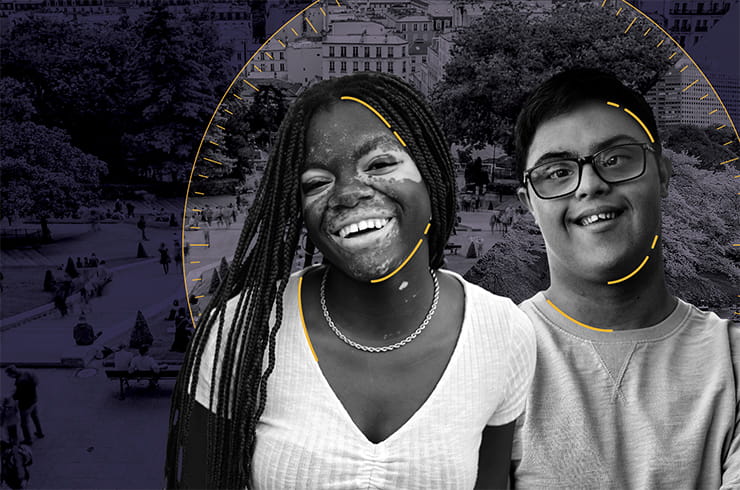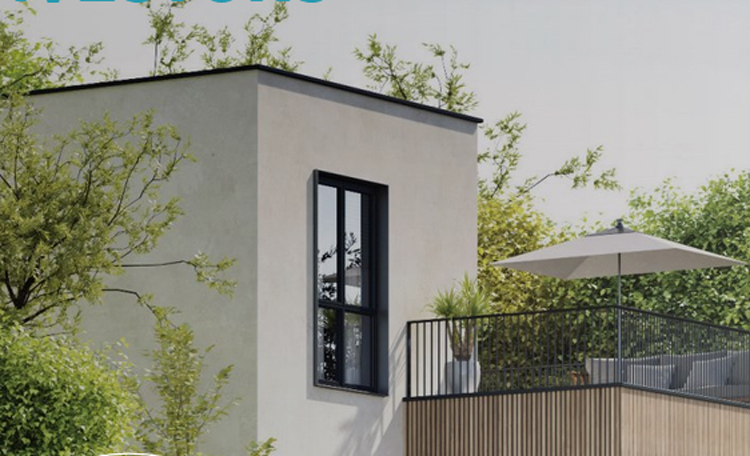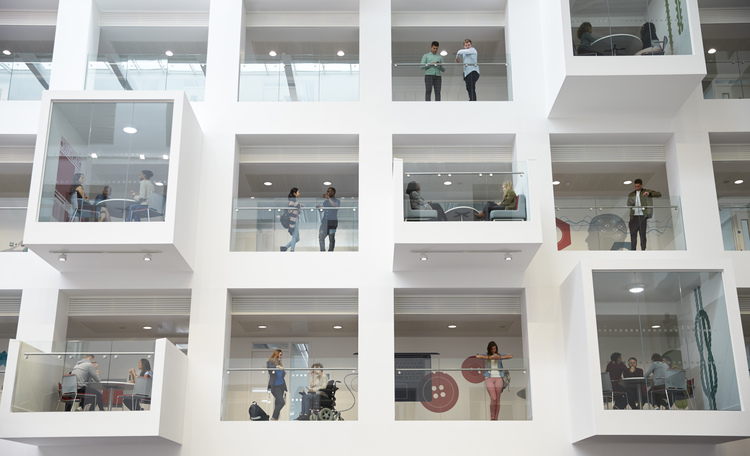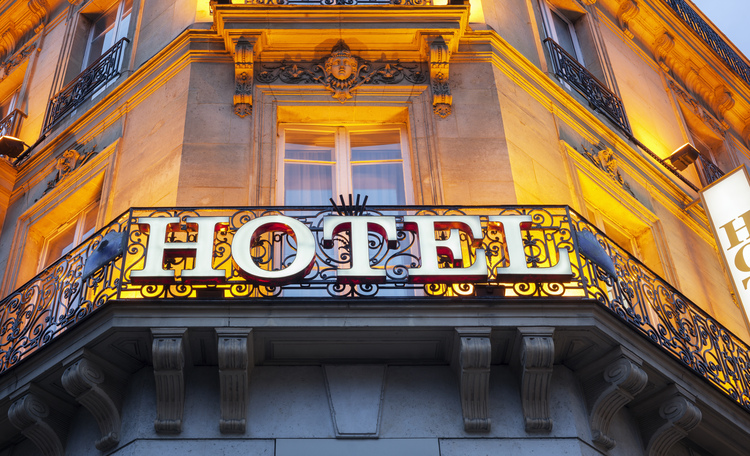What does Dublin do well?
Dublin is a beacon for attracting new visitors – individuals, companies; temporary and permanent alike – due to its friendly reputation, tolerant society and welcoming culture.
Even so, there continues to be a focus on ensuring the city is an inclusive city for all. Dublin City Council recently launching its Charter for Inclusion, an initiative aimed at promoting a more inclusive and equitable city. This charter was pulled together as result of collaboration and consultation of young people from diverse backgrounds who call Dublin home. At the heart of the Charter are core values that resonate with Dublin’s spirit – belonging, common humanity, dignity and respect, equality of opportunity, communal accountability, freedom, accessibility, safety and safeguarding.
Dublin continues to strive towards greater inclusivity via numerous channels including employment - a broadening focus on training and sustainable long-term jobs, as well as a recent uplift in the Minimum and Living wage; healthcare – through free GP care to children under 8; housing – through enhancement of tenant protection; and greater digital connectivity – through the Smart Docklands Initiative going through test and trial solutions in areas such as waste, water, energy, mobility and crime prevention.
Dublin’s welcoming culture has helped promote greater diversity with more than one in five inhabitants now born outside Ireland or the UK. Dublin has become an open city for the LGBTQIA community. Dublin has spearheaded a number of initiatives in recent years promoting multiculturalism across the city.
Since the economically challenged 1980s, much of the city’s success has stemmed from Ireland’s efforts to attract global investment. This, together with burgeoning young and well-educated population (37% aged between 15 and 39, one third of the city’s population have third level degree qualifications) has helped create a broad and deep pool of industry and innovation which continues to evolve and expand.
This creates an importance of ensuring an inclusive working environment across the city with The Smart Dublin Initiative having the stated aims of bringing together “technology….to transform public services and enhance quality of life”.
The national roadmap for social inclusion, originally published in 2020 – but with predecessor versions, sets 81 commitments, measured annually that aim to make Ireland one of the most socially inclusive countries in the EU.
In January 2024, the Lord Mayor and Dublin City Council committed to working towards recognition as the world’s first autism-friendly capital city, focusing on autism-friendly businesses, public services and improving accessibility across the city.
What can Dublin do better?
Dublin’s population is expected to continue to grow significantly, with an extra 200,000 residents expected in the city by 2040. After a decade or so of underinvestment in housing, this not only creates a need for more homes, but also for significant investment in transport, public realm and wider infrastructure that reflects this growth.
The National Transport Authority’s Greater Dublin strategy needs to further enhance public transport connectivity across the city, thereby creating a cleaner lower traffic city centre which promotes more space for public transport, cycling and walking.
Catering to housing demand is one of the most urgent issues faced by the city, and it is vital that housing output is expanded. As covered in our report ‘Unpacking Europe’s Living Revolution’, it is not only more housing that is needed – but a wider array of housing – catering to the needs of the growing student and, in particular ageing populations; and as laid out in the national Housing for All policy, a greater proportion of both social and affordable housing is delivered.
How we can help






